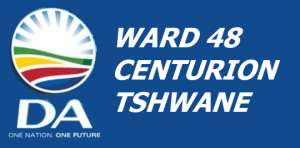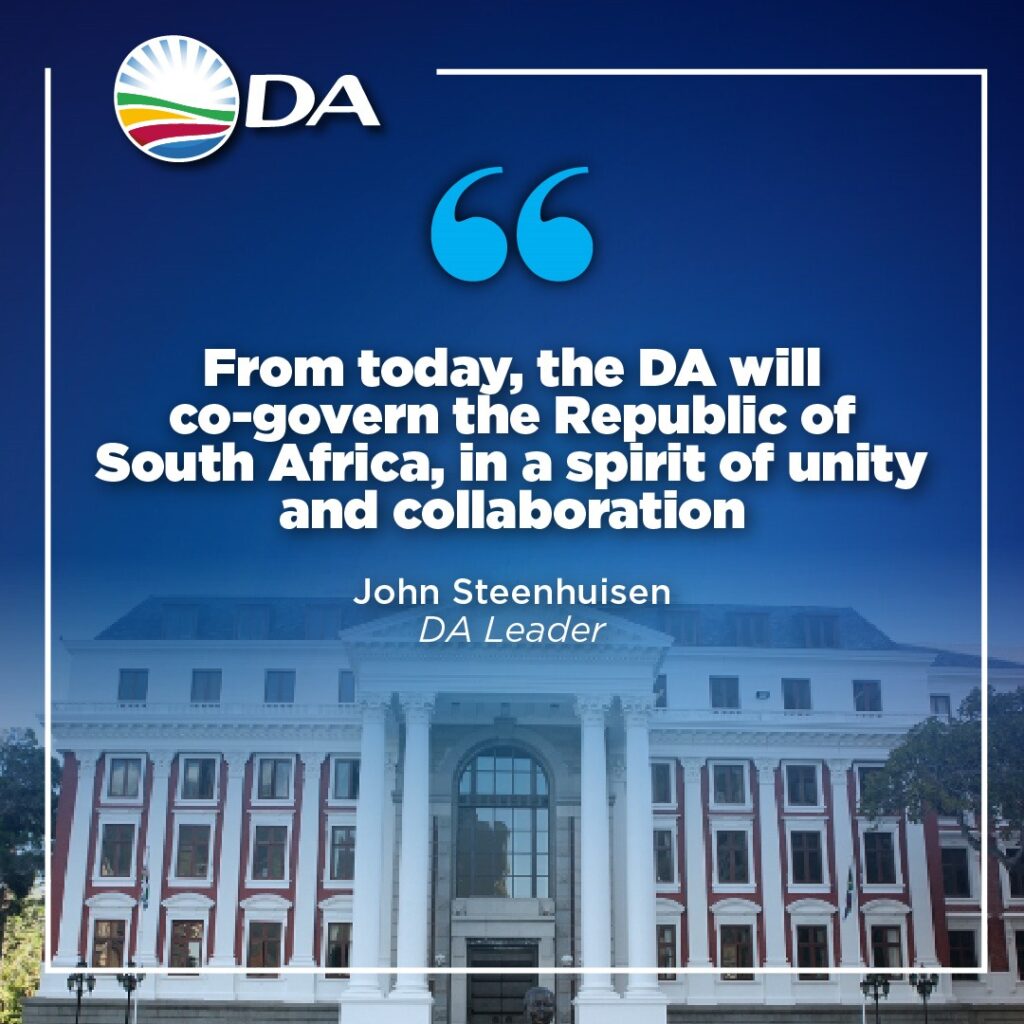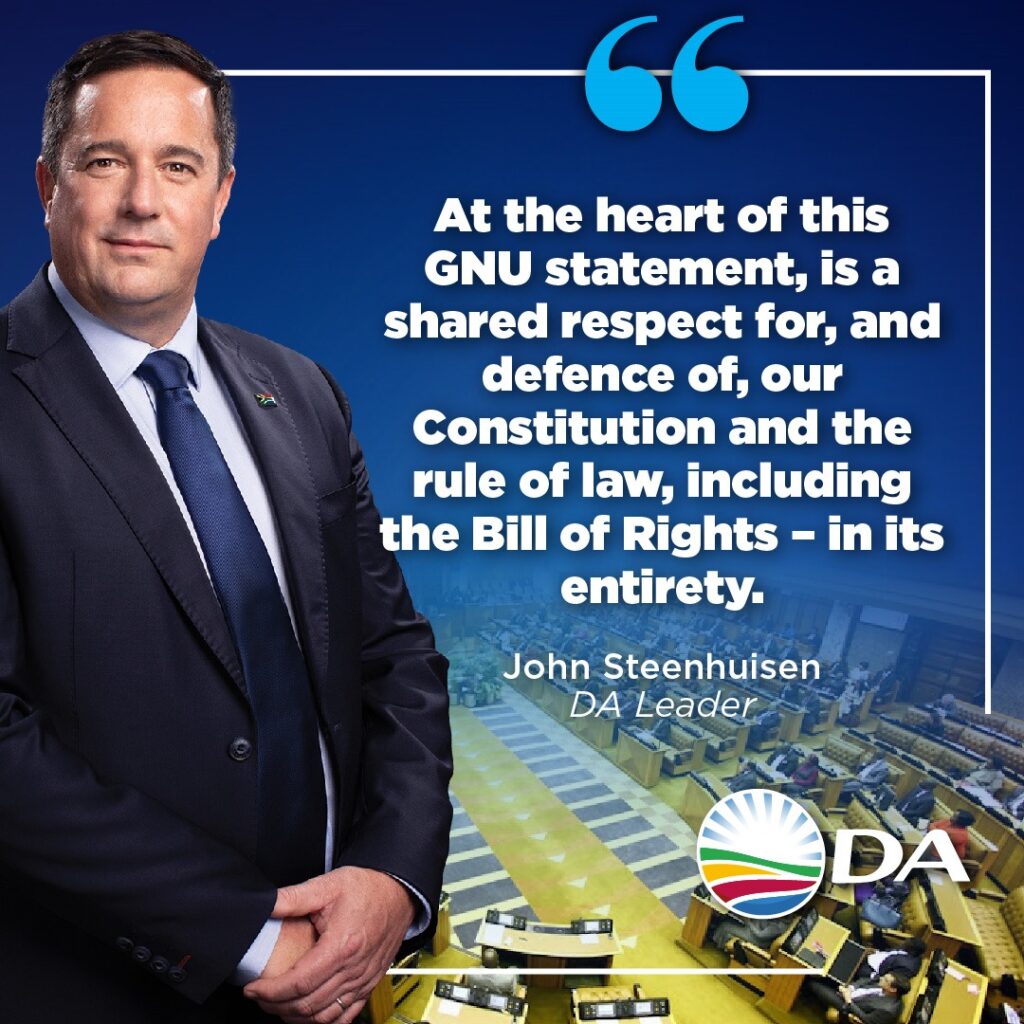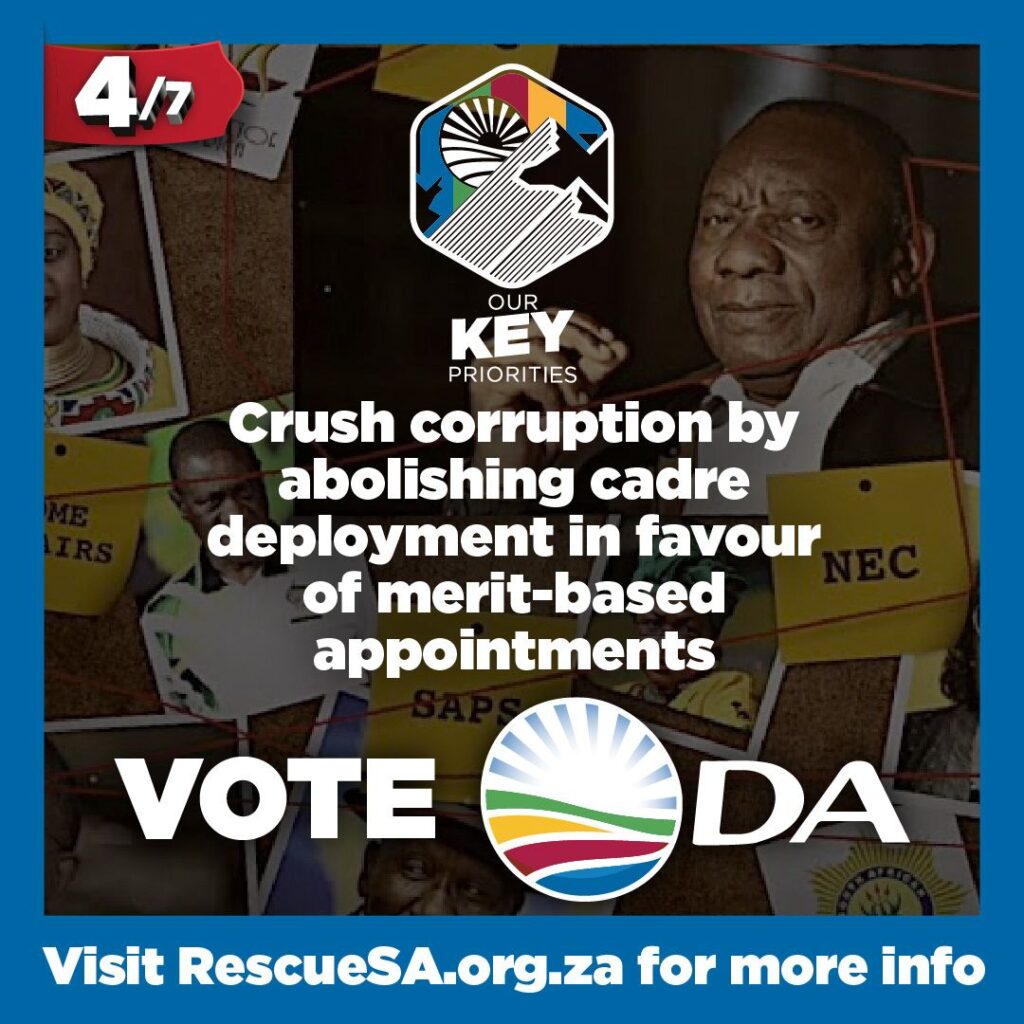The DA has lost faith in De Lille
The true test of any political party is what it does when confronted with serious allegations of corruption, maladministration and governance failures. Unlike many of our political competitors, the DA takes allegations such as these very seriously, and will always act to confront such matters, even when those decisions may carry a possible political cost.
In October last year, serious allegations relating to questions of good governance and maladministration against Cape Town Mayor, Patricia de Lille, came to light.
To ensure that these serious allegations were thoroughly examined and tested, two separate investigations were instituted.
What have the investigations into de Lille’s misconduct found?
The City of Cape Town’s Audit Committee appointed an outside investigator, Bowman Gilfillan, to probe allegations of maladministration. The initial report took the view that Ms de Lille had demonstrated behaviour and actions which, based on the extensive evidence before them (including the Mayor’s own representations), constituted prima facie evidence of gross misconduct, gross dereliction of duty, and conduct that amounted to deceiving Council.
Specifically, that:
- Regarding the payments to Volvo for bus chassis, when the City Manager (CM), Achmat Ebrahim, attempted to report to Council about irregularities regarding these payments “he was ultimately precluded from doing so by the instructions to the contrary from the [Executive Mayor] EM.” The report states further that “The CM’s version in his defence gives rise to a serious concern about the conduct of the EM in relations to this allegation …” and “…on the CM’s own version, and supported by the documentation referred to above, the CM, the EM, and possibly a number of other officials may be guilty of inter alia gross misconduct with regard to their failure to report the matter to Council, as was clearly required.”
- The Bowman’s investigation found that Ms de Lille failed to submit the report on allegations that the Commissioner of Transport of Urban Development Authority, Melissa Whitehead, attempted to interfere in the bid evaluations process for the Foreshore Freeway Precinct project. Specifically, that “…in view of the compelling evidence presented to the EM by the CM, the EM was obliged to present the dossier [on the Foreshore Freeway Precinct] to Council for its consideration” and that “…we recommend that … the Council directs that an investigation be conducted into the failure of the EM to report the matter to Council.”
This investigation has since been extended and is still ongoing.
Around the same time, the DA’s Federal Executive felt it necessary to establish an enquiry into obvious political tensions in the Cape Town Caucus as well as a growing list of substantive complaints about the nature and style of the Mayor’s internal leadership. This enquiry was chaired by John Steenhuisen MP and found that Ms de Lille has failed in her duties and responsibilities, has brought the Party into disrepute and her actions were detrimental to internal co-operation within the party. Specifically:
- Evidence of deep divisions within the caucus of the City of Cape Town exist. These divisions were shown to have been a result of Ms de Lille’s leadership style which is overwhelmingly viewed as unnecessarily autocratic, divisive and misaligned to democratic principles of openness and tolerance;
- The organisational restructuring led by Ms de Lille appears to have been used in certain instances to remove experienced officials in the City, with a view to replacing them with officials whose loyalty to her was prized over all else;
- Decision making structures had been stripped of powers and functions, seemingly with a view to centralise overwhelming power in Ms de Lille, undercutting the authority and democratically enshrined role of the Mayoral committee, portfolio committees and sub-councils, as well as the DA’s commitment to bringing government as close to the people as possible;
- It appears that the Ms de Lille interfered with and manipulated appointments at a senior management level within the City and some of its entities; and
- A growing sense of a loss of confidence by the caucus in the leadership of the Mayor which affected governance in the City negatively and undermined effective service delivery.
Effectively, both investigations came to similar conclusions and necessitated that disciplinary action be instituted against Ms de Lille.
The DA has treated the numerous allegations against Ms de Lille very seriously precisely because they are very serious and due to the weight of the findings against her.

















